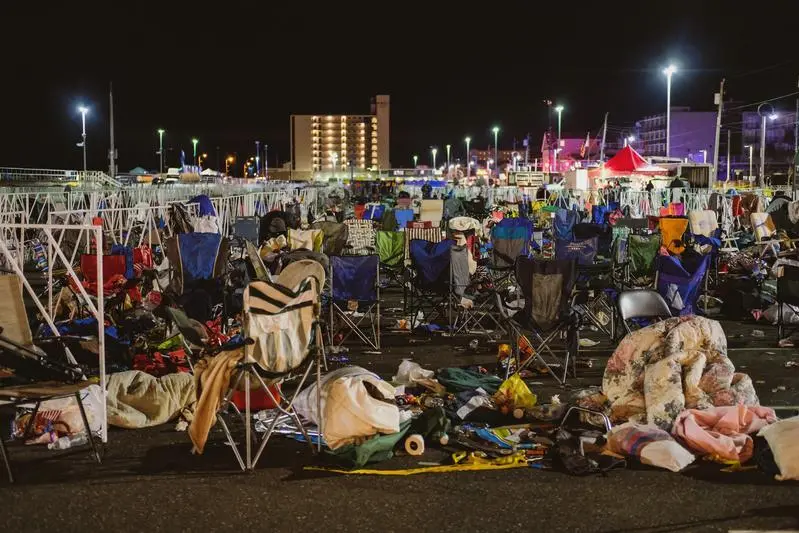PHOTO
SHANGHAI- China aims to re-use 60% of its urban household waste by 2025, up from 50% last year, as it tries to improve its trash handling capacity after failing to meet some of its 2016-2020 targets, its top planning commission said on Thursday.
Dealing with the growing volumes of waste has emerged as one of the biggest challenges facing China's regulators, with rising urban populations consuming increasing amounts of consumer goods and most major cities surrounded by rings of landfill.
The National Development and Reform Commission (NDRC) said urban waste handling capacity reached 1.27 million tonnes a day last year, up 63% compared with 2015, but some places were still struggling to keep up with the growing volumes of trash.
Half of China's cities had not built waste incineration plants, and many cities in central and western regions had also failed to meet targets on treating hazardous waste, the NDRC said.
As well as raising the urban trash utilisation rate to 60%, China will also raise incineration levels to about 65%, up from 45% last year.
China is now rolling out regulations making people sort their trash and is also steadily restricting single-use plastics and non-recyclable packaging waste. It has also banned imports of foreign waste.
China has also launched various recycling schemes as well as a "waste-free city" programme aimed at tackling a solid waste treatment backlog estimated at up to 70 billion tonnes in 2019.
(Reporting by David Stanway Editing by Robert Birsel) ((david.stanway@thomsonreuters.com; +86 21 2083 0066;))





















